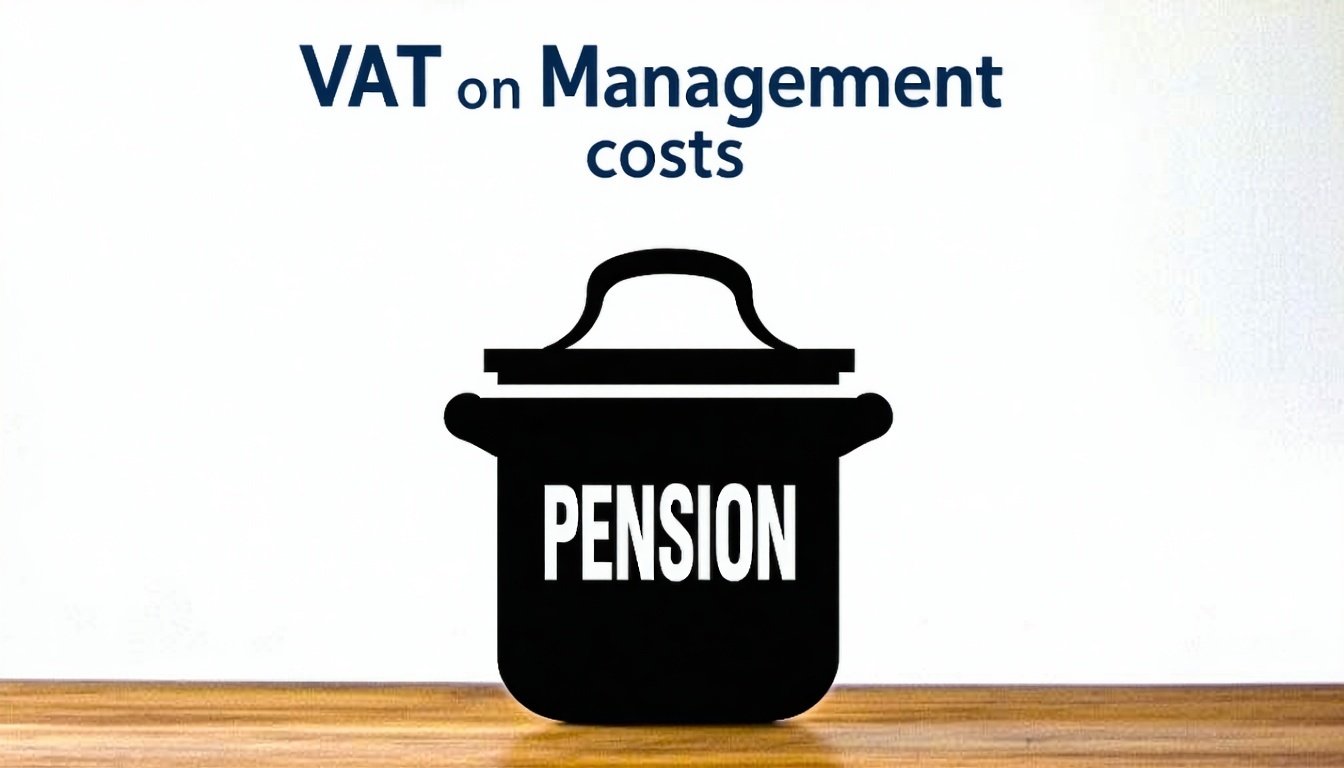
Historically, HMRC’s policy allowed employers to recover input tax on costs associated with the administration of occupational pension schemes, but not on costs related to the asset management of investments made by the pension fund.
Following a decision by the Court of Justice of the European Union (CJEU), HMRC updated its position to permit employers to recover input tax on investment costs.
As a result, where a third party was engaged to manage the pension scheme, HMRC considered that VAT incurred on asset management services could have a direct and immediate link to both the trustees’ investment activities and the employer’s taxable supplies—where the services were used by the employer in making those supplies. This led to the investment costs being treated as having dual use, shared between the employer and the trustees.
Where dual use was identified, input tax had to be apportioned on a fair and reasonable basis between the employer and the trustees to determine the amount each party could deduct.
New Policy
HMRC will no longer treat investment costs as being subject to dual use. Instead, all input tax incurred on such costs will be regarded as incurred solely by the employer and will be deductible in full by the employer, subject to the normal VAT deduction rules.
In addition, where trustees provide pension fund management services to the employer and charge for those services, they may also recover the input tax incurred in providing them—provided the trustees are VAT-registered. Any such recovery remains subject to the normal VAT deduction rules.
What are the benefits to businesses?
Benefits include:
- Increased VAT recovery
Input VAT on investment costs will now be treated as fully incurred by the employer, allowing greater recovery under the normal partial exemption rules. - Simplified compliance
The removal of the “dual use” concept eliminates the need for complex apportionment between employers and trustees, reducing administrative burden. - Reduced risk of dispute
With clearer rules, the potential for disagreement with HMRC over what constitutes fair apportionment is reduced. - Opportunity for retrospective review
While the policy change is not retrospective, businesses may wish to review prior periods (within the four-year claim window) where VAT recovery was underclaimed, provided they can demonstrate that the employer contracted for and paid for the investment services. - Improved structuring for future services
Businesses can now better structure contracts and payment arrangements to ensure optimal VAT recovery going forward

Lynne Gill
My area of expertise is land and property transactions but I have extensive knowledge of both domestic and international VAT and I love complex VAT queries. I have an Honours degree in Business Studies and a VAT legal and technical qualification from the Institute of Indirect Taxation.
View my articlesTags: Private Client, VAT
